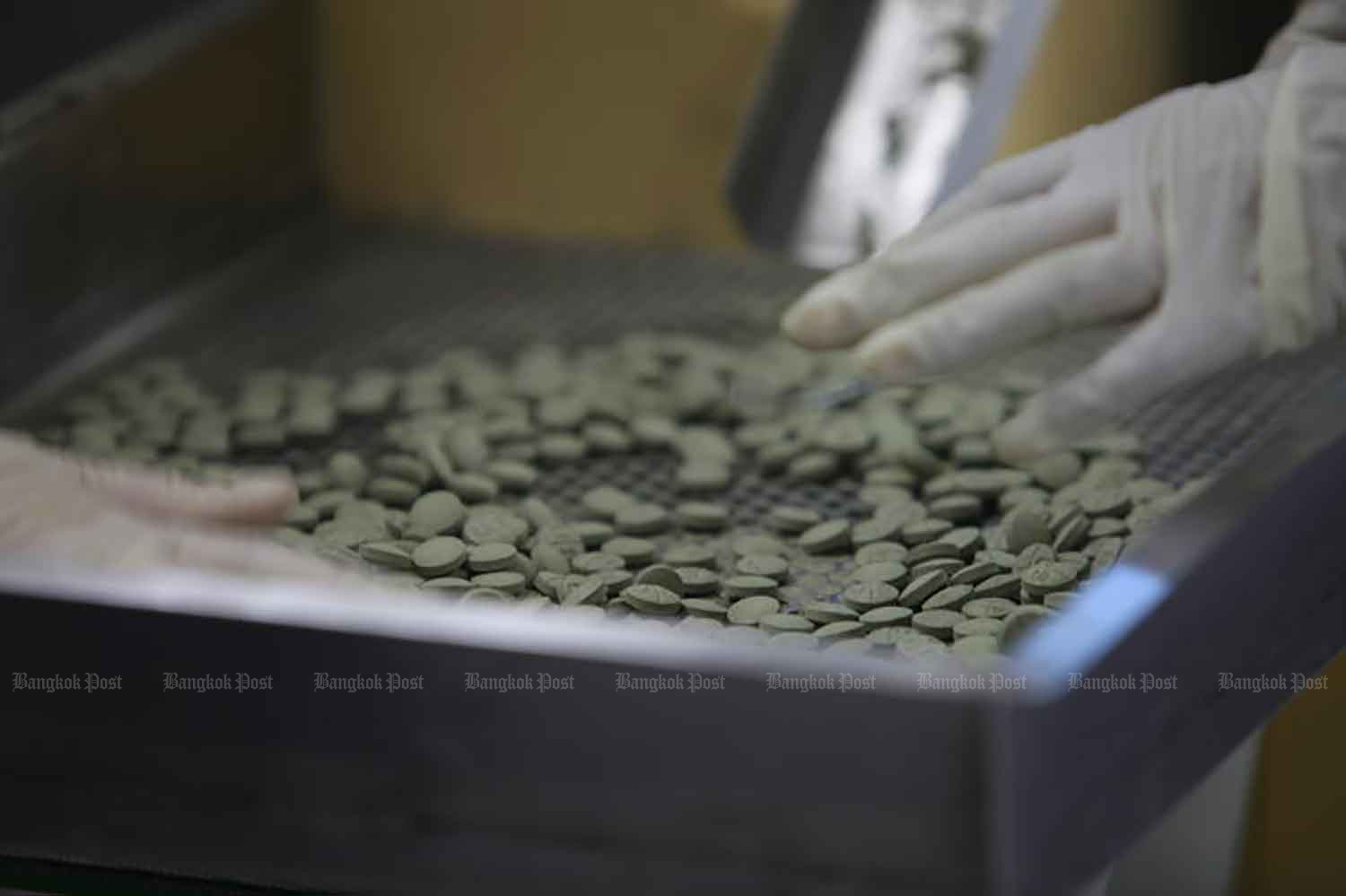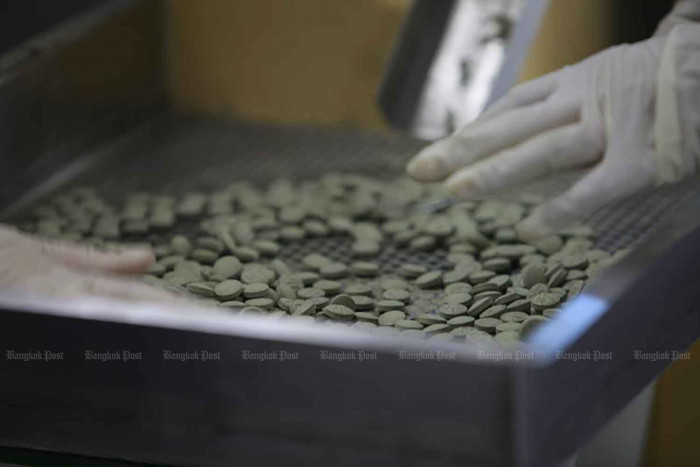Govt suggestion ‘not a mandate’, he says
PUBLISHED : 5 May 2025 at 05:03
Small
Medium
Large

Public Health Minister Somsak Thepsutin defended the government’s push to promote herbal medicines over Western pharmaceutical products for treating common illnesses, saying the initiative was intended to provide patients with alternative treatment options.
Mr Somsak said doctors — particularly those working in state-run hospitals — should consider prescribing herbal medicines to their patients.
Doing so will not only reduce the nation’s reliance on imported drugs and bring down treatment costs but also boost public confidence on the efficacy of such remedies.
He stressed the initiative was meant to help promote Thai traditional medicines, noting it wasn’t intended as a mandate for doctors. “This is not an enforced policy — it is just a suggestion for physicians,” Mr Somsak said.
Although doctors are free to choose the type of medications they prescribe for their patients, Mr Somsak said clinics and hospitals which promote traditional remedies could benefit from the incentives provided by the National Health Security Office (NHSO), which allocates around one billion baht per year to support the promotion of Thai herbal medicines.
Despite the ministry’s assurances, many doctors have voiced concerns about the impact the policy might have on public health.
One doctor, who asked not to be identified, said the move puts them in a difficult position, as a lot of these remedies have yet to be scientifically proven to be effective.
Another pointed out that certain herbal remedies are actually more expensive than Western medicines, due to their limited supply in the market. Others, meanwhile, are worried the recommendation will lead to delays in seeking effective treatment among patients.
In response to concerns about limited supplies and high prices, Somruek Chungsaman, director-general of the Thai Traditional and Alternative Medicine Department, said the country can meet the rising demand for traditional remedies, noting there are 44 private companies and state-run agencies who are mass producing them already.
He defended the efficacy of traditional herbs, noting they are included in the national essential medicines list as they have been proven to be effective in treat five common conditions: flu, muscle pain, constipation, flatulence and haemorrhoids.
To ease concerns among doctors who are not familiar with prescribing herbal medicine, he said the hospital’s information systems display prescription details, including dosages and treatment guidelines for herbal drugs.
“Over time, they will be more comfortable with prescribing traditional remedies,” he said, attributing resistance to the new system to internal miscommunication rather than policy flaws. The department is planning a survey to gather feedback from the nation’s doctors, and the data will be used to refine Thai herbal medicine promotion strategies in the future, Dr Somruek said.
